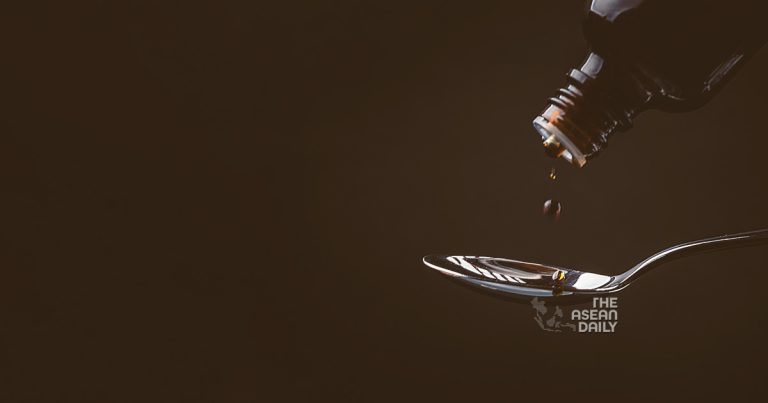28-6-2023 (NEW DELHI) Two anonymous sources familiar with the matter have informed Reuters that Marion Biotech, an Indian cough syrup manufacturer, used a toxic industrial-grade ingredient instead of the legitimate pharmaceutical version, which caused the poisoning of 19 children in Uzbekistan last year. The ingredient, propylene glycol (PG), was purchased from Maya Chemtech India, a trader that did not have a license to sell pharmaceutical-grade materials. Marion used industrial-grade PG, which is a toxic material used in liquid detergents, antifreeze, paints or coatings, and to enhance the effectiveness of pesticides. Marion did not test the ingredient before using it in the syrups it sold to Uzbekistan.
According to the second source, Marion bought commercial-grade propylene glycol instead of Indian Pharmacopoeia-grade, the national standards for the composition of pharmaceutical products that are supposed to be taken. India’s drugs and cosmetics rules state that manufacturers are responsible for ensuring the safety of ingredients they use.
Marion, which claims to deal in pharmaceuticals, herbal, and cosmetic products, previously denied any wrongdoing. Neither the company nor India’s drug regulator or health ministry have responded to requests for comment. In January, Uzbekistan arrested four people, including two executives at a company that imported the Marion drugs, in connection with the deaths of the 19 children. Reuters could not establish the status of the case.
Pharmaceutical manufacturing experts say that unscrupulous actors use diethylene glycol (DEG) and ethylene glycol (EG) as a substitute for propylene glycol because they are cheaper. The World Health Organization’s working theory is that, in 2021, when propylene glycol prices spiked, one or more suppliers mixed the cheaper toxic liquids with the legitimate chemical. Tests in January by an Indian government laboratory found that 22 samples of Marion-made syrups were “adulterated and spurious,” according to the country’s drug controller.
At least 70 children died in Gambia last year after taking cough syrups made by another Indian company, which were found to be contaminated with toxins, and tainted cough syrups made in Indonesia were linked to the deaths of more than 200 children there. These deaths prompted an international inquiry into the pharmaceutical supply chain. International standards only permit trace amounts of EG and DEG in pharmaceutical-grade propylene glycol. Limits for the industrial or commercial grade version are not as strict because they are not meant to be ingested by humans.




